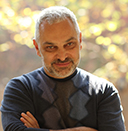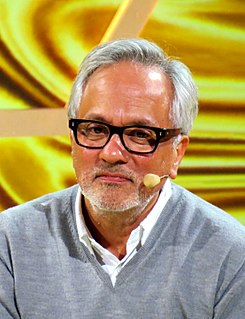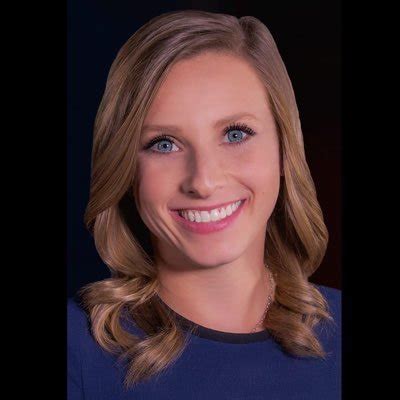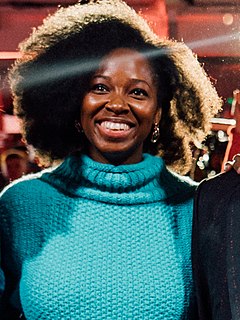A Quote by Julia Cameron
Many of us believe that 'real artists' do not experience self-doubt. In truth, artists are people who have learned to live with doubt and do the work anyway.
Related Quotes
There are many different kinds of doubt. When we doubt the future, we call it worry. When doubt other people we call is suspicion. When we doubt ourselves we call it inferiority. When we doubt God we call it unbelief. When we doubt what we hear on television we call it intelligence! When we doubt everything we call it cynicism or skepticism.
Do you call it doubting to write down on a piece of paper that you doubt? If so, doubt has nothing to do with any serious business. But do not make believe; if pedantry has not eaten all the reality out of you, recognize, as you must, that there is much that you do not doubt, in the least. Now that which you do not at all doubt, you must and do regard as infallible, absolute truth.
Take faith, for example. For many people in our world, the opposite of faith is doubt. The goal, then, within this understanding, is to eliminate doubt. But faith and doubt aren't opposites. Doubt is often a sign that your faith has a pulse, that it's alive and well and exploring and searching. Faith and doubt aren't opposites, they are, it turns out, excellent dance partners.
If I learned one thing, it is that self-doubt is one of the most destructive forces. It makes you defensive instead of open, reactive instead of active. Self-doubt is consuming and cruel. And my hope today is that we can all collectively agree to ban it. .?.?. Think to the moments of your life when you forgot to doubt yourself. When you were so inspired that you were just living and creating and working. Pay attention to those moments because they're trying to reach you through those lenses of doubt and trying to show you your potential.
What makes someone an artist? I don't think is has anything to do with a paintbrush. There are painters who follow the numbers, or paint billboards, or work in a small village in China, painting reproductions. These folks, while swell people, aren't artists. On the other hand, Charlie Chaplin was an artist, beyond a doubt. So is Jonathan Ive, who designed the iPod. You can be an artist who works with oil paints or marble, sure. But there are artists who work with numbers, business models, and customer conversations. Art is about intent and communication, not substances.





































